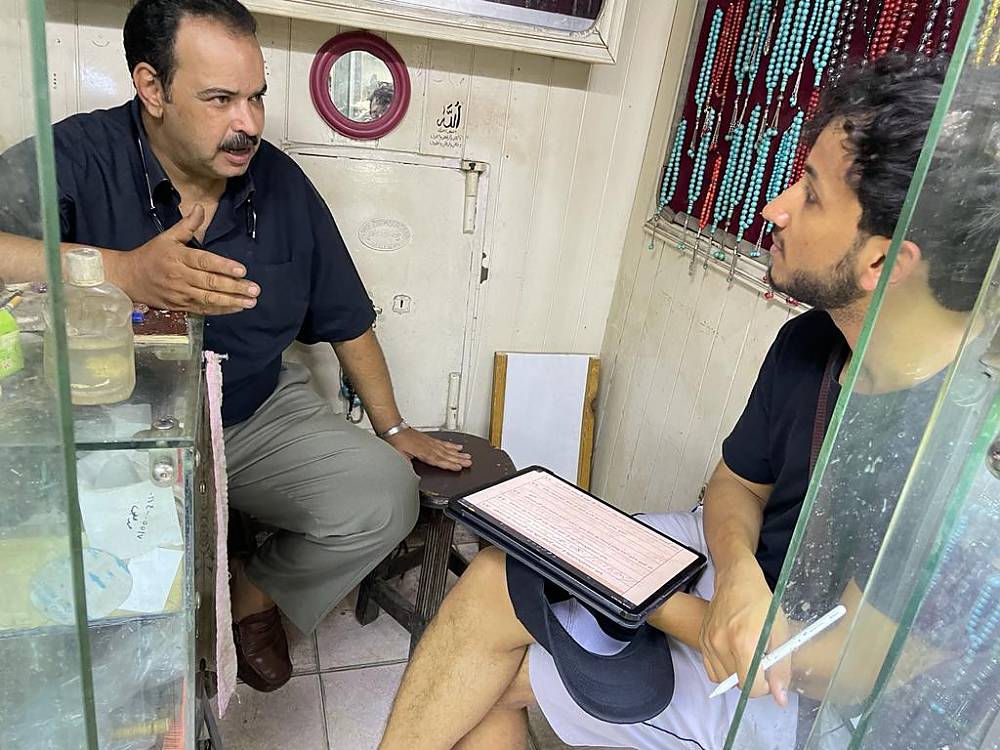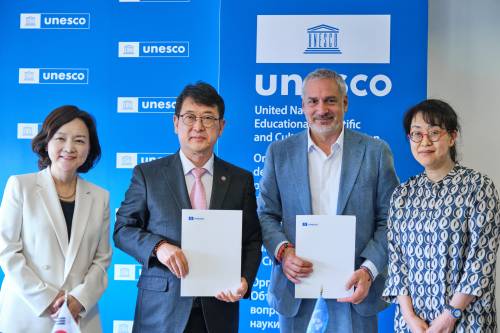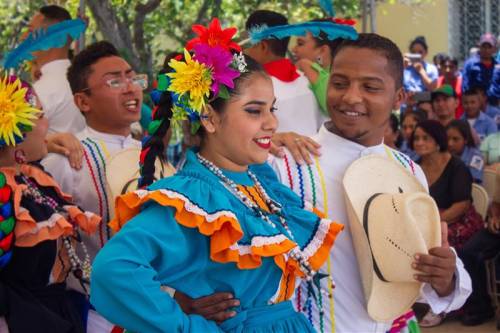UNESCO Office for the Gulf States and Yemen recently organized a two-week training titled ‘Community-based safeguarding of intangible cultural heritage’ for participants from different backgrounds, including civil-society organizations, governmental institutions, and universities from all regions of Yemen. As UNESCO is entering into a second phase of the European Union (EU)-funded project ‘Cash for Work: Promoting Livelihood Opportunities for Urban Youth in Yemen’, the spotlight is put on the safeguarding of Yemenis living heritage practices, such as traditional crafts and performing arts.
Held from 11 to 22 August 2022 in Cairo, Egypt, the training focused on the needs that had been previously identified, given the current situation in Yemen, in intangible cultural heritage (ICH) safeguarding. Facilitated by Fatma Moustafa and Jean Hajjar, members of the UNESCO’s global facilitators network, the training started by introducing the key concepts and methodologies of the 2003 Convention to the participants. The role of local communities and organizations in ICH safeguarding was emphasized.
The organizers took advantage of the rich and diverse heritage of the Old City of Cairo with a fieldwork exercise as a way to apply the newly acquired knowledge. Participants were able to put in action the methodologies and inventorying skills learnt during the training. Interviews were conducted with communities of living heritage practitioners, as pictured above.
The workshop also allowed for exchanges and discussions between Yemenis about the safeguarding of their ICH in the current context, with special attention given to the role of communities and their ICH in conflict resolution and peacebuilding.




